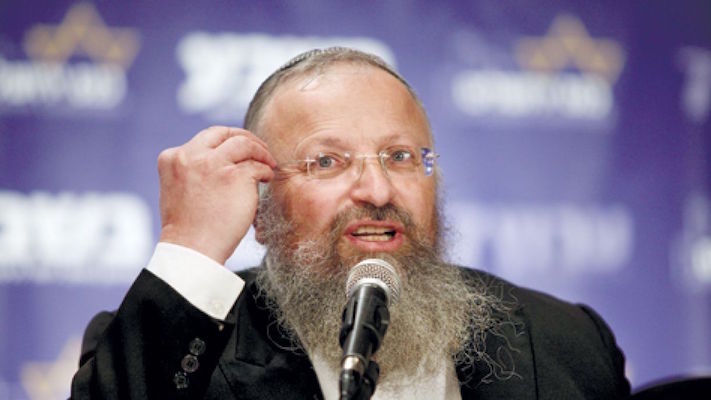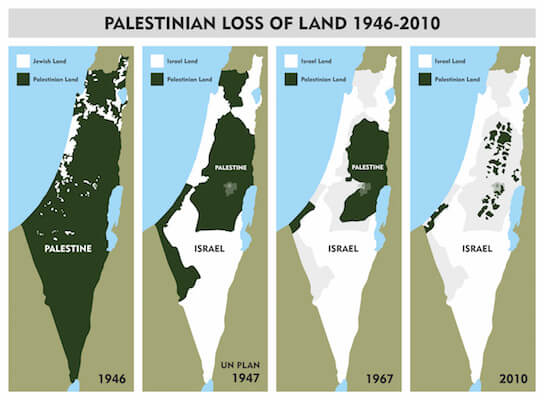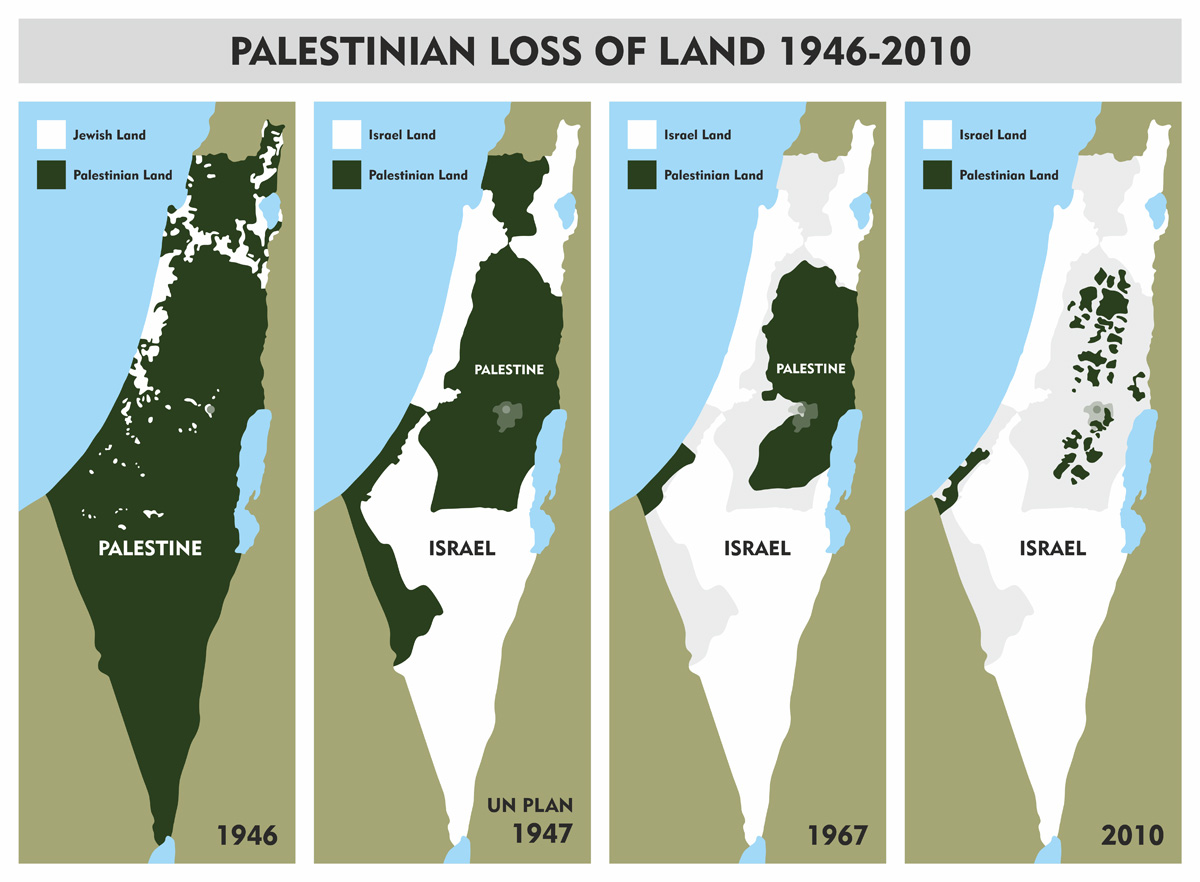Jerusalem – Last year, a top Israeli general’s comments during the country’s annual Holocaust Remembrance Day address sparked controversy when he likened the atmosphere in modern day Israel to 1930’s Nazi Germany. Now, the outgoing IDF Deputy Chief has doubled down on his remarks and in an interview this week, defended his controversial speech.
“If there is anything that frightens me in the remembrance of the Holocaust, it is discerning nauseating processes that took place in Europe in general, and in Germany specifically back then, 70, 80 and 90 years ago, and seeing evidence of them here among us in the year 2016,” Maj. Gen. Yair Golan, the Israeli army’s deputy chief of staff said.
As the Times of Israel reports, Golan, speaking in a new video interview produced by the military, said he “didn’t realize it would go to the very political place that it went,” but added that he “doesn’t take back the remarks.”
Golan went on to note that Israel — “as a light unto the nations” — has a responsibility to maintain “moral superiority.”
“Morality is you compared to you. You compared to your standards, not to those around you. Around [Israel], there are murderous people who don’t hesitate to kill one another in fear-inducing quantities. That should give us no repose,” he said.
“On this issue, we shouldn’t cut ourselves any slack,” Golan added.
The reaction from Israeli hardliners to Golan’s comments highlighted the deep divisions within Israeli society on what is one of the country’s most solemnly revered days.
Nationalist Jewish home party leader and Israeli Education Minister Naftali Bennett called on Golan to revise his comments or be seen as comparing Israeli soldiers to Nazis. However, he refused and stood strong for over a year — in spite of the backlash.
Sadly, Bennett fails to understand that’s precisely what Maj. Gen. Golan was implying in 2016, as he implored those in power “to fundamentally rethink how we, here and now, behave towards the other.”
“The Holocaust, in my view, must lead us to deep soul-searching about the nature of man,” Golan said. “It must bring us to conduct some soul-searching as to the responsibility of leadership and the quality of our society. It must lead us to fundamentally rethink how we, here and now, behave towards the other.”
“There is nothing easier and simpler than fear-mongering and threatening. There is nothing easier and simpler than in behaving like beasts, becoming morally corrupt, and sanctimoniousness.”
“On Holocaust Remembrance Day, it is worthwhile to ponder our capacity to uproot the first signs of intolerance, violence, and self-destruction that arise on the path to moral degradation,” Golan said.
During his original speech, Golan referenced the Hebron incident, in which an IDF soldier was filmed executing an already incapacitated Palestinian assailant that was lying on the ground defenseless.
The soldier in question, Sgt. Elor Azaria, was arrested and brought up on manslaughter charges by a military tribunal for the killing — a move that has been met with ferocious opposition by Zionists who claim that the brazen execution was somehow justified.
Hard-liners accused the military of abandoning the soldier by indicting him for manslaughter, and polls showed most Jewish Israelis shared the sentiment. Many Israeli Jews also now openly oppose the equal rights of the one-fifth of the country’s 8 million citizens who are Arabs — who, in turn, are growing increasingly alienated from the Jewish state, according to the AP.
Prime Minister Benjamin Netanyahu called his defense minister, Moshe Yaalon, after Golan’s speech to express displeasure, according to The Haaretz daily.
The Israeli military then issued a clarification, claiming Golan did not intend to compare Israel and its army to “the horrors” of Nazi Germany. “This is an absurd and baseless comparison that he never would have made and it was never his intention to criticize the Israeli government,” the Israeli military said.
Regardless of how the Israeli government spun Golan’s words or pressured him to rebuke his comments, they clearly reveal a grave concern about the increasingly callous manner in which Palestinians are being treated and the path that these actions will ultimately lead Israeli society down.
Having such rationale and logic, Golan said he was surprised that the political leaders and large chunk of the population reacted the way they did.
“I thought I was saying things that were clear, that every reasonable person would say, ‘Hey, he said what had to be said.’ I didn’t think I was saying something that was blatantly controversial,” he said.
As the Times of Israel reports, eloquent in both Hebrew and English, Golan holds a master’s degree from Harvard University. He was wounded but continued to command during a shootout with Hezbollah fighters in 1997 and is a well-regarded officer in the IDF, holding a number of top positions in his 37-year career.
From ISIS to America, the state is able to convince their enforcers to commit horrid acts in their name — all the while their subjects cheering it on as patriotism. In spite of Golan’s dedication to the IDF, he is still able to see the potential for such destruction and his words should be considered by all countries.
Throughout history, very small groups of humans have been able to convince very large groups of humans to carry out evil and immoral acts of murder and abuse. It’s time to stop this.
While the citizens bash each other over silly issues of right vs. left or Islam vs. Christianity, those at the top get richer, more powerful and more tyrannical.
Race has disconnected us, religion has separated us, politics has divided us, and wealth has classified us. It is time we shatter this paradigm and see each other as humans — not flags, crosses, or classes. If we don’t, humanity’s short time on this planet will inevitably be brought to a violent end.











